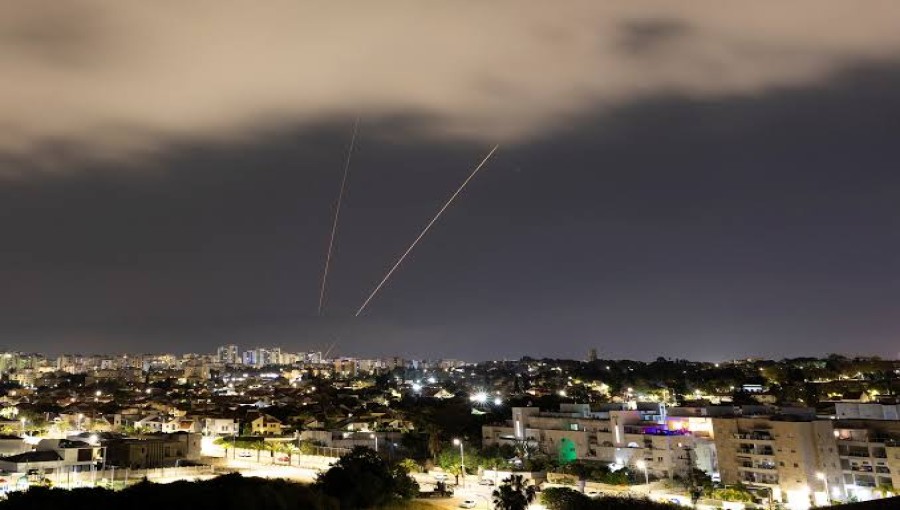As the Bengali New Year marks a time of new beginnings, Israel finds itself confronting a new reality following Iran's unprecedented drone and missile attack on Saturday night. The assault, which targeted Israeli territory in response to previous provocations, has forced Israel to reassess its defensive strategies and incurred significant financial costs.
Long known for its contentious actions against Palestinians, Israel now grapples with the aftermath of Iran's bold retaliatory strike. The audacity of Tehran's attack, launched from thousands of miles away, has left Israel reeling and the world watching in astonishment.
Despite Israel's claims of intercepting most of Iran's drones and missiles, the financial toll of defending against such threats is staggering. Reports indicate that Israel has spent billions of shekels, equivalent to over a billion dollars, in efforts to safeguard its airspace and infrastructure.
Former Israeli military advisor Brigadier General Ram Aminash detailed the exorbitant costs of defense, highlighting the expenses associated with missile interceptors and countermeasures against Iranian drones. These expenditures raise questions about the efficacy and cost-effectiveness of Israel's defensive measures.
While Israel boasts of its successful interception of the majority of incoming threats, Iran's ability to penetrate Israeli airspace underscores the evolving dynamics of the region. Despite sustaining minor damage, Israeli officials maintain that the integrity of their air force remains intact.
As Israel grapples with the aftermath of Iran's retaliatory strike, the incident serves as a stark reminder of the shifting power dynamics and the unpredictability of conflicts in the Middle East.





























Comment: